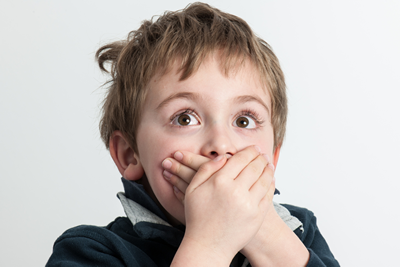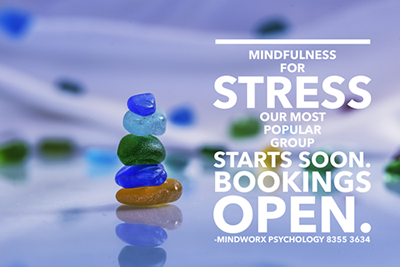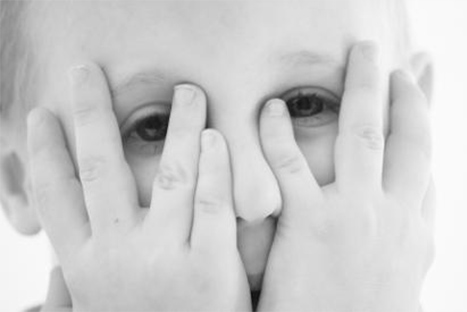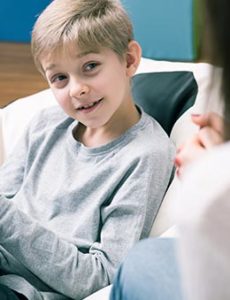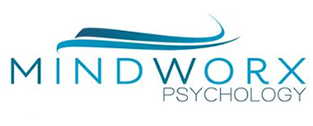Child & Adolescent Psychology
Excellence in Child Clinical Psychology
Child and Adolescent Psychology and Therapy
Supporting Your Child or Teen Through Life’s Challenges
At Mindworx Psychology, we are passionate about helping children and teenagers navigate the complexities of growing up. Whether your child is struggling with anxiety, depression, school refusal, emotional regulation, or behavioural concerns, our team of child and adolescent psychologists provides trauma-informed, neuroaffirming, evidence-based therapies tailored to their needs.
Is Your Child or Teen Struggling?
As a parent, it can be tough to know how to support your child when they are feeling overwhelmed, anxious, or withdrawn. Some signs that your child or teenager might benefit from professional support include:
- Persistent worries, anxiety, or panic attacks
- Mood swings, sadness, or signs of depression
- School avoidance, school refusal or a sudden drop in academic performance
- Social withdrawal, friendship difficulties, or bullying
- Defiance, anger outbursts, or behavioral concerns
- Difficulty managing big emotions or coping with change
You’re not alone, and help is available. Our experienced child psychologists and teen therapists provide strategies that work – helping young people develop the confidence, resilience, and coping skills they need to thrive.
LOOKING FOR HELP ?
ONLINE COURSES

Subscribe to Our Newsletter
About Child Therapy & Clinical Psychologists for Teenagers
How We Help: Tailored Therapy for Children & Teens
At Mindworx Psychology, we use evidence-based approaches to support emotional wellbeing in children and teenagers. Our team of child psychologists and adolescent psychologists are experienced in working with children and adolescents to provide therapy.
Many of us have trained in a wide range of therapies and can offer programs such as:
- Cool Kids Program
- Chilled Program for Teens
- Westmead Feelings Program
- Parent-Child Interaction Therapies
- Circle of Security
Our experienced child psychologists and teen therapists provide strategies that work – helping young people develop the confidence, resilience, and coping skills they need to thrive.
Find the Right Psychologist for Your Child
Choosing a Child or Teen Psychologist
We understand getting the right fit of child psychologist or adolescent psychologist will be important. Both you and your child need to be comfortable with the person you choose, and comfortable with the methods of assessment and the type of treatment or therapy chosen.
Our team is trauma-informed and neuroaffirming. Skills building is a large part of cognitive behavioural therapy. Our team also draw from other types of therapy, such as DBT, ACT, EMDR and others to help your child achieve their goals.
Our intakes officer will take the time to ensure that you are properly matched.
How to get referred to our child and adolescent psychologists
Your child’s psychologist
We are an accredited Specialist Allied Health and Behaviour Support provider for NSW public schools. Our child and adolescent psychologists work closely with primary schools, preschools and high schools in the Hills District, and across Sydney to improve the mental wellbeing of children of all ages – from preschool through to teenagers.
When coming to our private practice for face to face, or for telehealth support:
- No referral is required: Children and families may opt to work privately with our team of child and adolescent psychologists.
- Referral from GP or Paediatrician – allows for Medicare rebate claiming
Children and teens may be referred to us through their school, paediatrician or GP for help and support. We often work in conjunction with the school learning support team, school counsellors and with class teachers. When necessary, we can visit schools or pre-schools to conduct assessments or to ensure a collaborative approach to solving problems.
A collaborative, holistic approach to mental health and wellbeing underpins our work. We want to read any reports you have already received from an OT, Speech Pathologist or Paediatrician. We always recommend that your child or teen has a GP check up, as well as an eye check and a hearing test prior to your appointment. We believe excellence in clinical psychology assessments starts with a very wide lens – and that involves the careful collection of evidence, as well as timely liaison with your child’s team.
Ready for Change?
You’re not alone, and help is available.
At Mindworx Psychology, we are passionate about helping children and teenagers navigate the complexities of growing up. Whether your child is struggling with anxiety, depression, school refusal, emotional regulation, or behavioural concerns, our team of child and adolescent psychologists provides trauma-informed, neuroaffirming, evidence-based therapies tailored to their needs.
Child Counselling
Child and Adolescent Clinical Psychology involves counselling, but our counselling skills are not the entirety of treatment. We use counselling skills to deliver evidence based treatments that make a difference – and bring change. We want to solve your child or teenager’s problems, not just talk them through. For that reason, Clinical Psychology for children often involves the building of skills for life.
All of our Psychologists offer a wide range of therapies. Cognitive Behavioural Therapy (CBT), Mindfulness Based Cognitive Therapy, Interpersonal Therapy (IPT), Narrative Therapy, Solution Focused Therapy, Schema Therapy, Acceptance and Commitment Therapy (ACT), Dialectical Behaviour Therapy (DBT), Eye Movement Desensitisation and Reprocessing (EMDR), Emotion Focused Therapy… the list is long.
The good news is that you don’t have to work out what your child will need – based on symptoms, problems, and goals, your therapist will use an eclectic, tailored mix of gold standard therapies. We know one size doesn’t fit everyone, and we understand that the goal in seeking help is to get better – whatever that means for your unique situation.
If you are ready for change, we are here to help. We look forward to talking with you.
To make an appointment call us on 02 7801 3481 or request an appointment using our online form
Our Location
Suite 206, 10 Century Circuit, Norwest Central, Baulkham Hills, NSW 2155
Fees & Insurance
You do not need a GP referral to book an appointment at Mindworx Psychology.
Medicare Rebates are available if you have a valid referral from a GP, Psychiatrist or Paediatrician.
Your Private Health Fund may offer cover for Psychology Services – you can check this directly with your fund.





